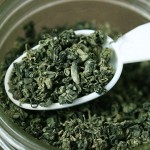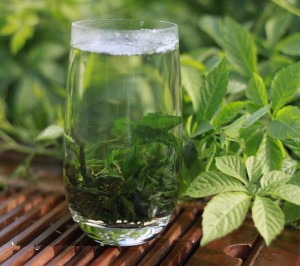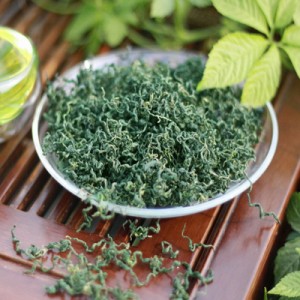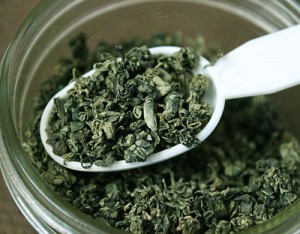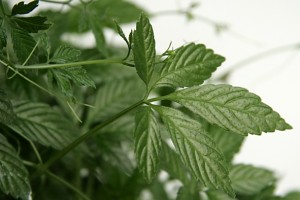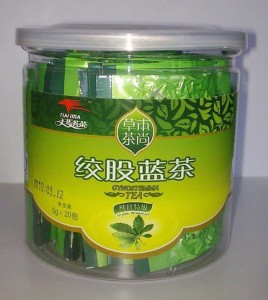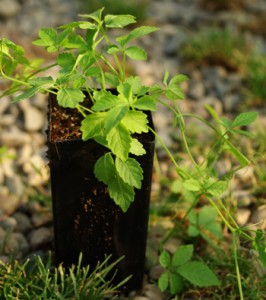Gynostemma Tea (Jiaogulan Tea)
What is gynostemma tea
Gynostemma tea is a tad bittersweet herbal drink brewed from the leaves of Gynostemma pentaphyllum, also known as jiaogulan, a climbing vine native to the southern regions of Korea and China, northern Vietnam, and Japan. Often referred to as jiaogulan tea, the caffeine-free decoction is valued for its strong antioxidant and anti-inflammatory properties.
History and origin
Jiaogulan was used commonly during the Ming Dynasty (1368-1644 AD). According to a well-known herbalist Li She-Zhen, it was a promising remedy for edema, throat pain, hematuria, and tumor. People residing in the Southern China Mountains consumed the tea for gaining strength and removing fatigue. Its intake was more than green tea in a village located in the Guizhou province near the Fanjing mountain.
Gynostemma tea health benefits
Heart health
Being a natural vasodilator, it improves blood circulation that helps in regulating the heart rate, and keeping the blood pressure levels in check. According to some studies, the saponins in the leaf tea prevent the absorption of cholesterol and triglycerides, and minimizing their levels in the body as well, thus lowering the risk of atherosclerosis.
Effects on the digestive system
The cleansing effects of saponins aid in removing the toxic wastes from the body, normalizing the bowel movement, and facilitating proper digestion.
Weight control
Helping in speeding up metabolism while also maintaining the blood sugar and lipid levels, jiaogulan tea is believed to be effective in managing weight.
Natural adaptogen
The adaptogenic properties of the tea come from the presence of gypenosides, a class of saponins that has a soothing effect on the nervous system, reducing fatigue, and also fighting stress, anxiety and depression. Additionally, these compounds exhibit antioxidant and anti-inflammatory activity, assisting in building a strong immune system by boosting the production of white blood cells as well as preventing chronic inflammation that happens as a result of oxidative stress.
Cancer
Recent research studies have supported the role of saponins in inhibiting the growth of tumor cells, and hence, the consumption of tea might be useful for preventing cancer.
For longevity
One of the antioxidants in the herbal drink, superoxide dismutase, displays anti-aging effects, neutralizing the free radicals, and thus helping in increasing life expectancy.
Its antioxidants have also been associated with controlling diabetes by promoting insulin release in addition to moistening the lungs, providing relief from heat and dryness, and improving mental clarity.
How to make gymnostemma tea
- Bring 1 cup of water to boil in a saucepan
- Add 1 teaspoon of jiaogulan tea leaves to it
- Allow to steep for 2 to 3 minutes
- Strain the mixture
- Sweeten it with sugar or honey
Iced gymsostemma tea made by cooling the mixture and adding ice cubes is more often prepared with 1 tablespoon of the tea leaves for a better taste.
Safety and precautions
Side effects
There is hardly any possibility of experiencing adverse side effects while drinking the herbal decoction. However, excessive intake may cause upset stomach and nausea. It should not be used by those having immune-related or blood clotting disorders.
During pregnancy
The presence of certain compounds in the herb has been linked to increased risk of fetal abnormality, and, therefore, pregnant women should avoid its use. Breastfeeding mothers are not advised to have the tea due to unavailability of sufficient data regarding its safety in such cases.
Where to buy
Organic gynostemma tea and tea bags can be purchased from any herbal tea selling shop or online store. A popular variation, jiaogulan green tea is also available at the stores.
Article was last reviewed on 24th November 2022
Related Articles
Leave a Reply
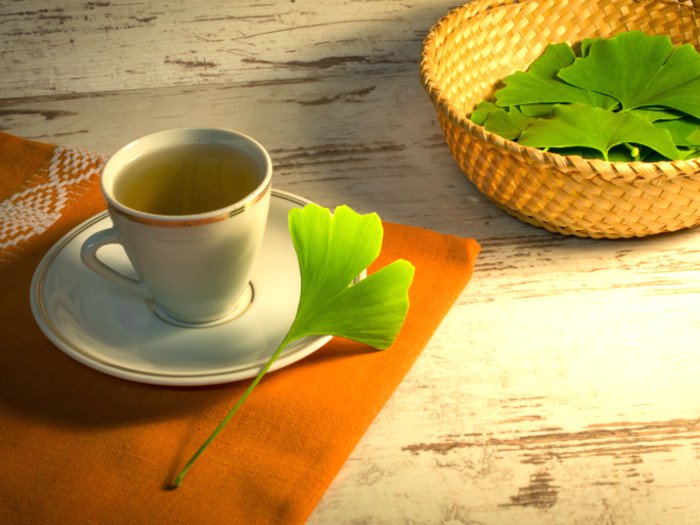
Ginkgo Biloba Tea
The Ginkgo Biloba tea is an herbal infusion obtained from the extract of the dried leaves
Read more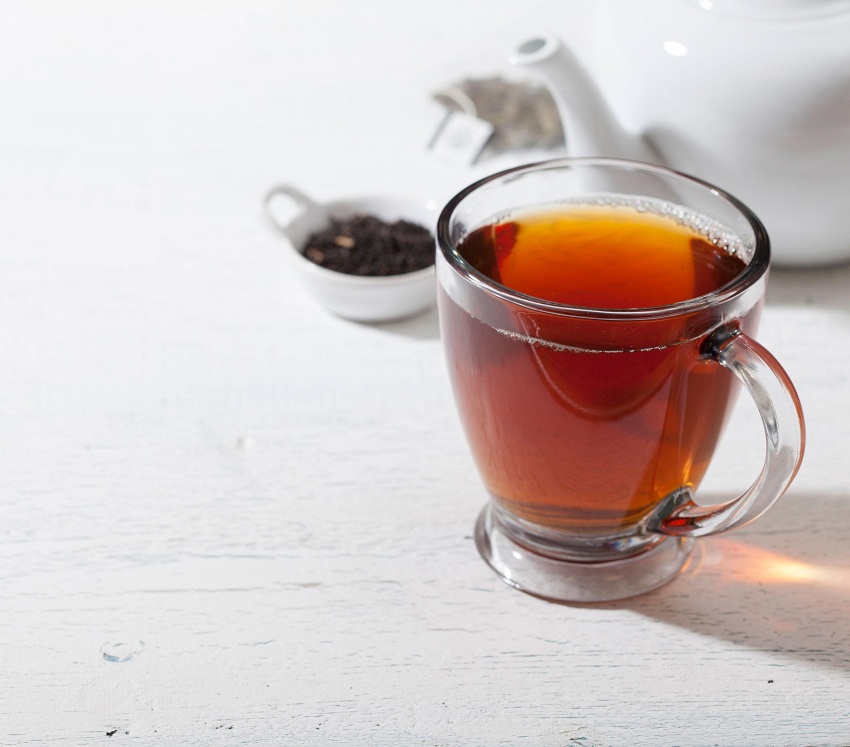
Black Tea
Black tea, belonging to the same group as the green, white and oolong teas is the most oxi
Read more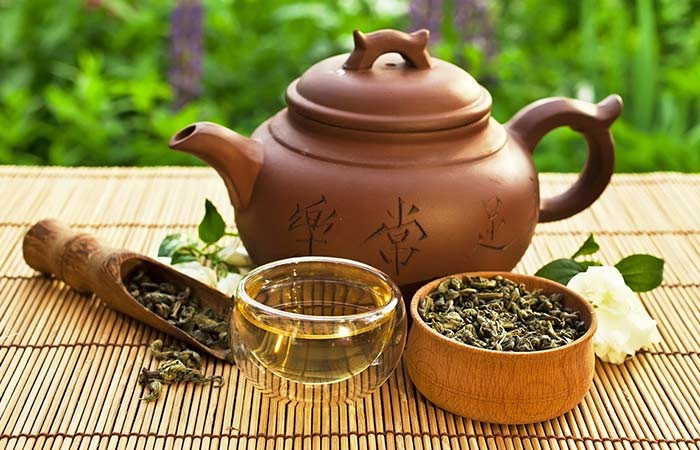
Oolong Tea
What is oolong tea Oolong, a traditional beverage of China, is prepared from the buds, st
Read more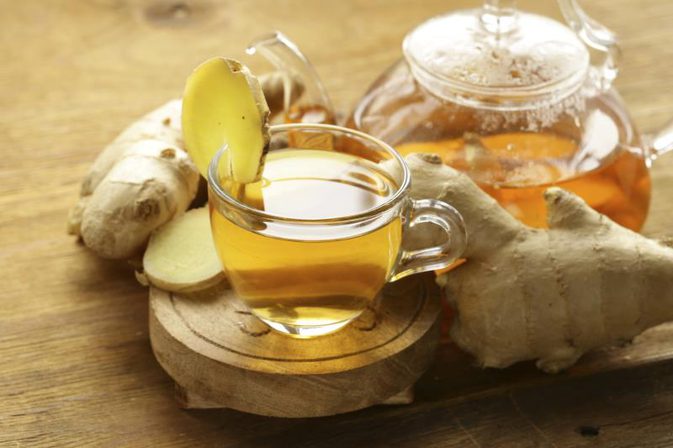
Ginger Tea
Ginger tea, prepared from the roots of ginger, is a popular herbal beverage of Asia. Becau
Read more
